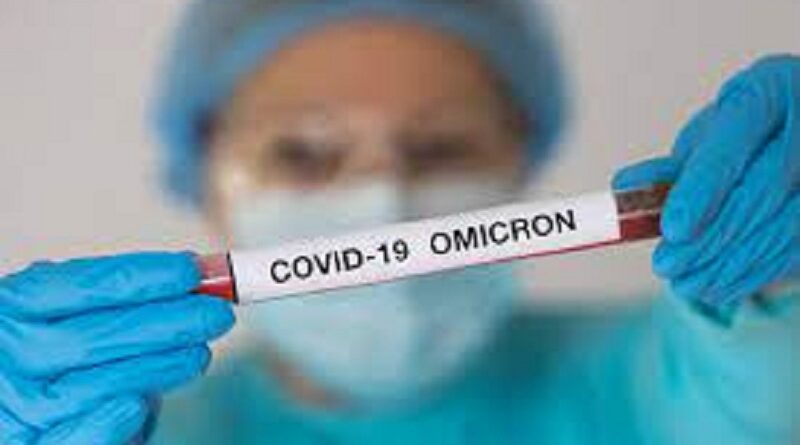Omicron Covid-19 variant: What We Know and You Should Know
 Omicron Covid-19 variant: What We Know and You Should Know
Omicron Covid-19 variant: What We Know and You Should Know
Newera News learnt that the emergence of the Omicron variant of the Coronavirus which was identified in Botswana and South Africa has raised concerns among scientists, health officials and the general public across the globe, especially in Nigeria.
Their concerns are due to an unusually high number of mutations that have the potential to make the virus more transmissible and less susceptible to existing vaccines.
Meanwhile, the World Health Organization (WHO) has described it as a “variant of concern”, as the global body warned that the global risks posed by it were “very high”.
Cases have been identified in 20 countries so far, including Nigeria, Egypt, Britain, Italy, Belgium and the Netherlands among others. Though Omicron has not yet been detected in the United States, experts say it is only a matter of time before the variant shows up.

Why Nigerians and the world should be worried
The discovery has prompted considerable panic across the globe, with a number of countries banning flights from Southern Africa, Israel, Japan, Nigeria and Morocco barring the entry of foreign travellers altogether.
Here is what you need to know about the Omicron
According to New York Times, public health experts have urged for caution, noting that there is as yet no firm evidence that Omicron is more dangerous than previous variants like Delta, which quickly overtook its predecessors in the United States and other countries.
Known and unknown facts about Omicron variant
Olaolu Oba, a medical expert, told Naairametrics that the Delta variant turned out to be much more transmissible than prior variants — and there is some data suggesting it can cause more severe illness in the unvaccinated.
He said, “But much remains unknown about Omicron, including whether it is more transmissible and capable of causing more serious illness. There is some evidence the variant can reinfect people more readily.
“There are early signs that Omicron may cause only mild illness. But that observation was based mainly on South Africa’s cases among young people, who are less likely overall to become severely ill from Covid.”
Also, on Tuesday, Regeneron said its Covid antibody treatment might be less effective against Omicron, an indication that the popular and widely beneficial monoclonal antibody drugs may need to be updated if the new variant spreads aggressively.
The South African Medical Association had said that the nation’s hospitals were not overwhelmed by patients infected with the new variant, and most of those hospitalized were not fully immunized.
Dr. Angelique Coetzee, who chairs the South African Medical Association, said, “Most patients she had seen did not lose their sense of taste and smell, and had only a slight cough.”
The World Health Organisation (WHO) on Monday said it is not yet clear whether the latest Covid-19 variant, Omicron, is more transmissible, or causes more severe disease compared to other variants.
This is as the UN health agency has warned that the global risk of the new omicron variant is very high as more countries have reported cases of the variant that has attracted the worldwide concern of a likely fourth wave of the pandemic ahead.
What the WHO is saying
The WHO in its statement said, “Preliminary data suggests that there are increasing rates of hospitalisation in South Africa, but this may be due to increasing overall numbers of people becoming infected, rather than a result of specific infection with Omicron.’’
Bottomline
In all, Omicron’s emergence is so recent that it may be a while before experts know whether it is more pathogenic. Scientists expect to learn much more in the coming weeks. At the moment, they say there is no reason to believe Omicron is impervious to existing vaccines, although they may turn out to be less protective to some unknown degree.
Ensure you adhere to all the covid-19 Protocols, eat healthy meals, drink plenty of clean water.
Be happy, it is not a death sentence even when you have contacted the virus, you will recover from it.
For more information, join us here




